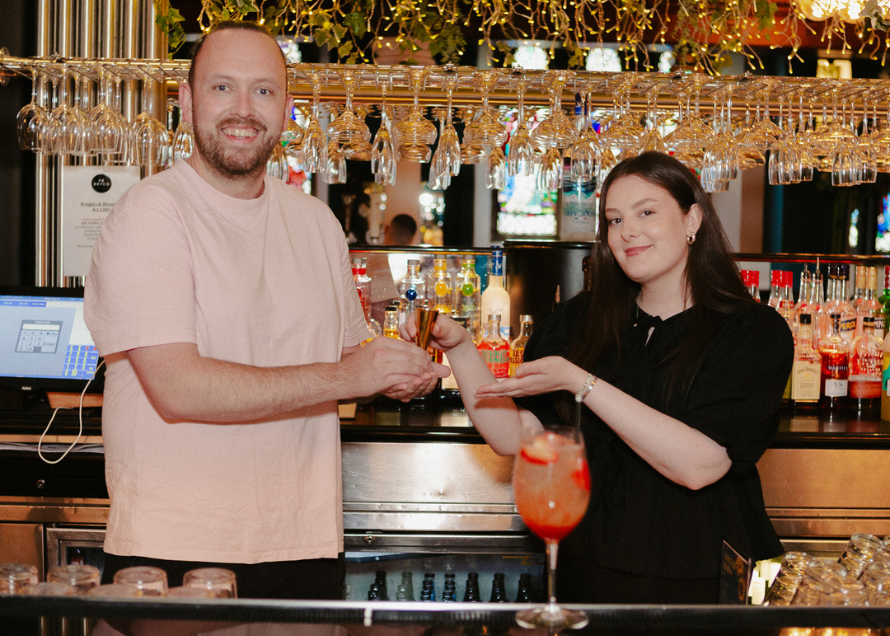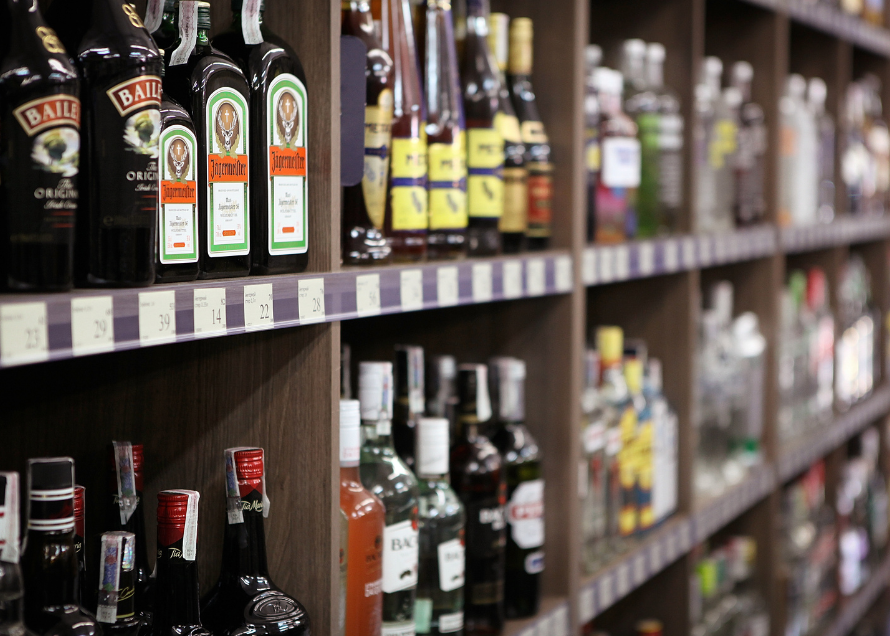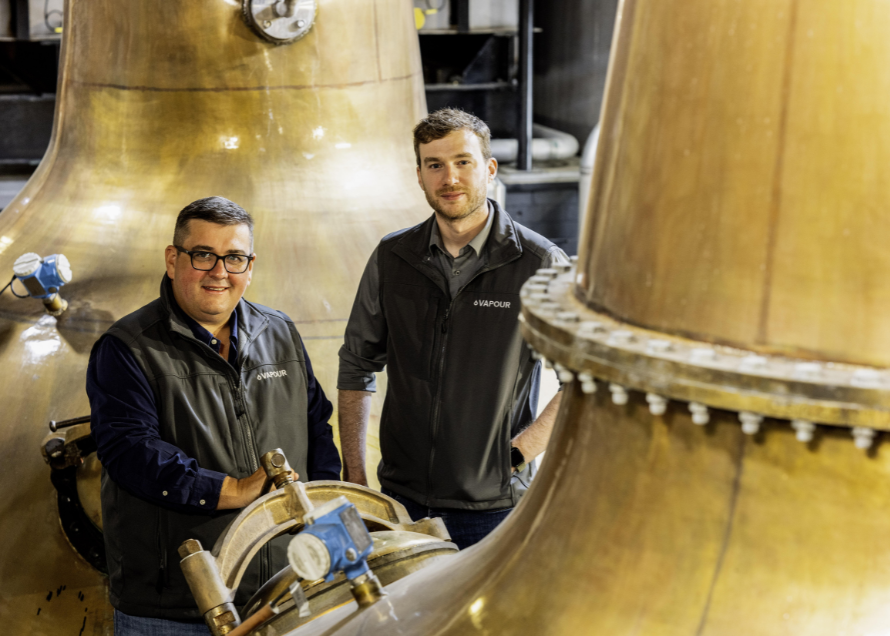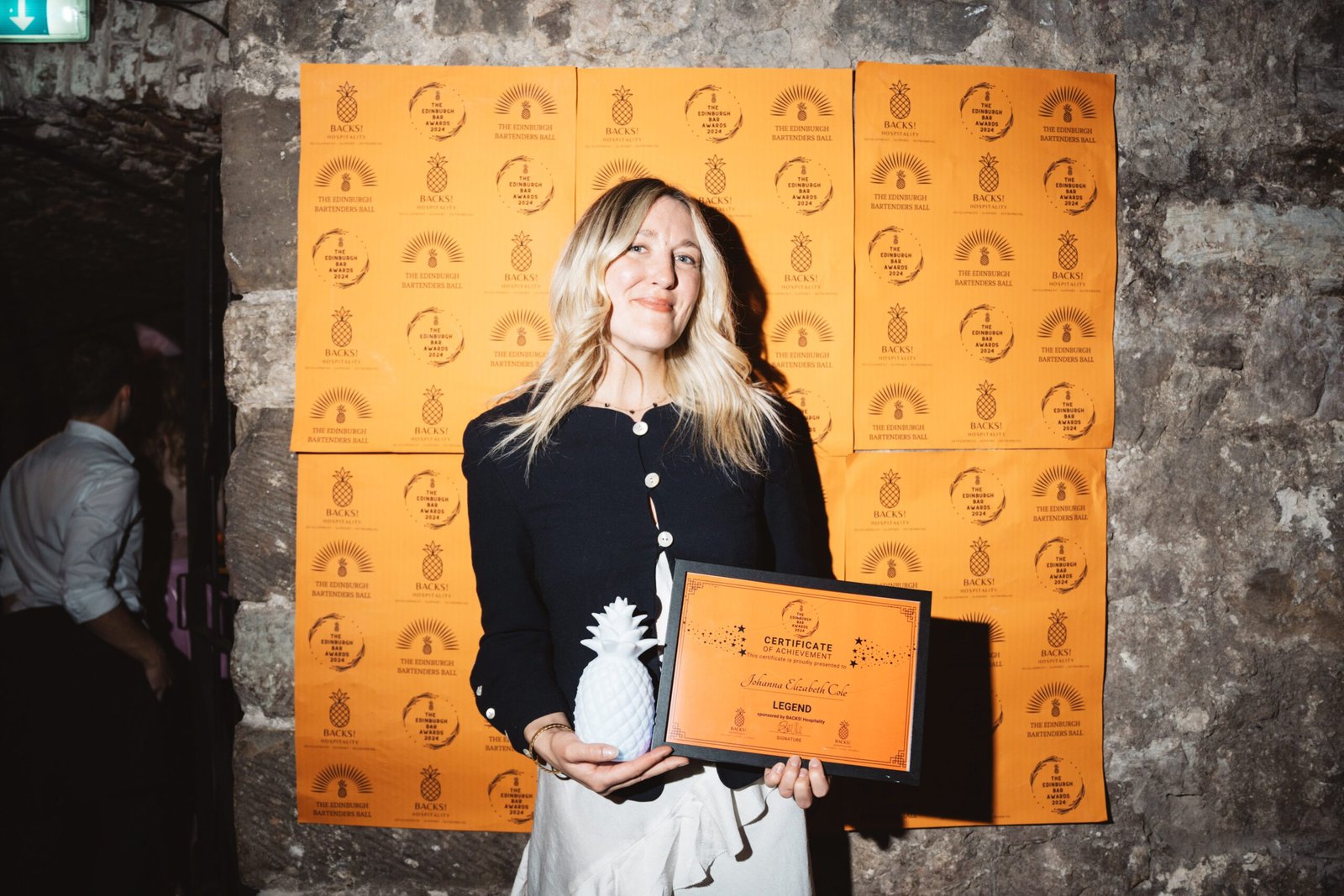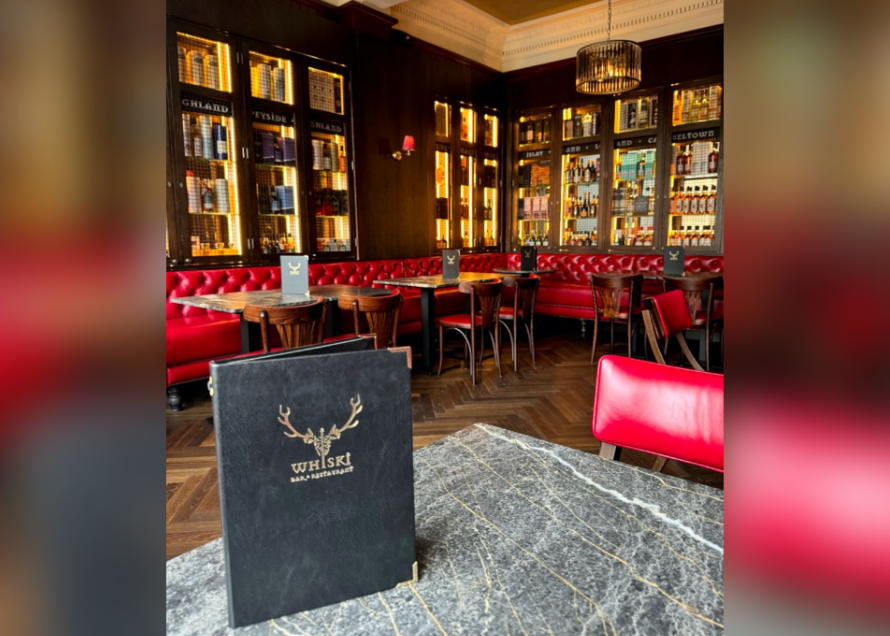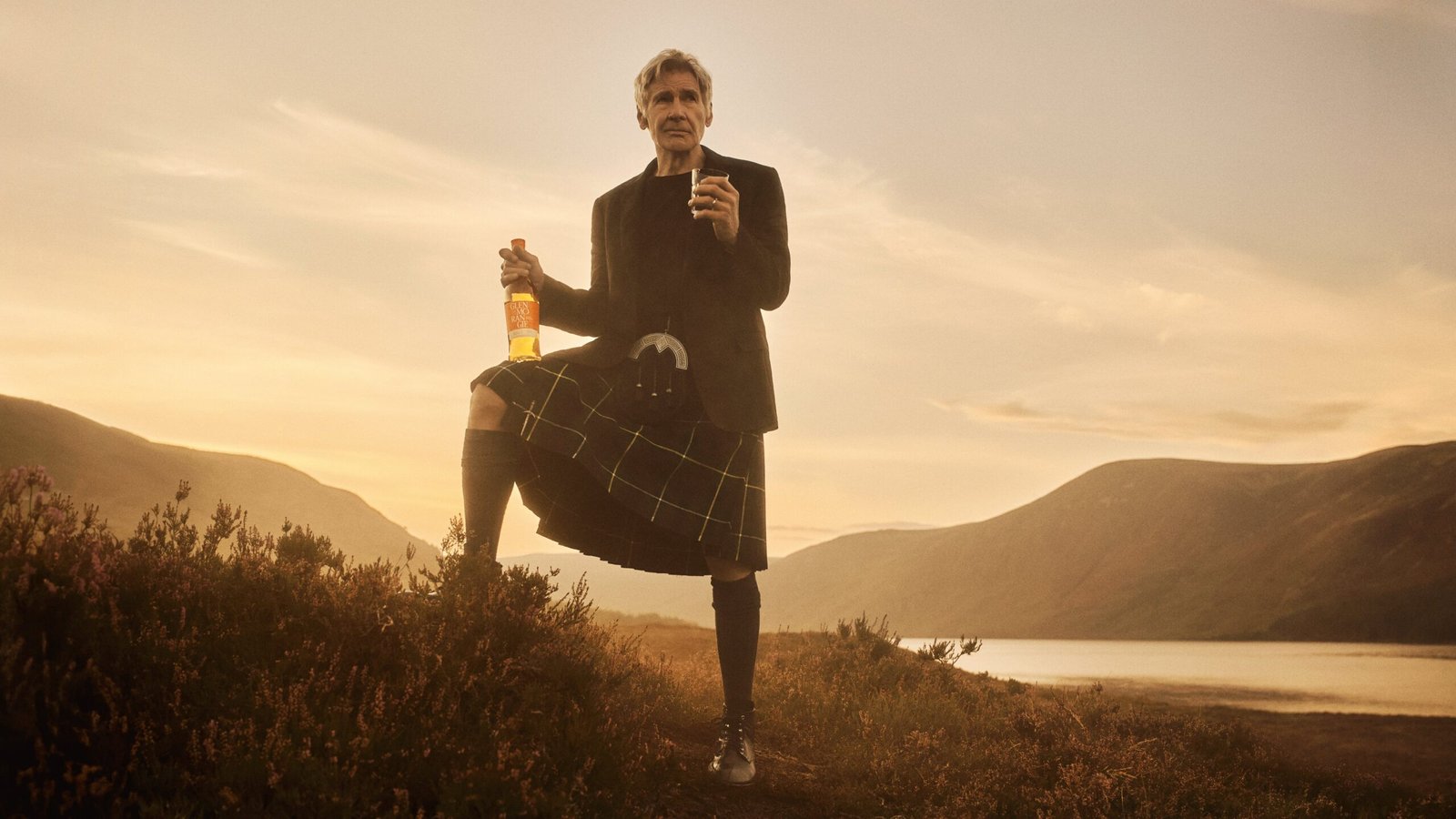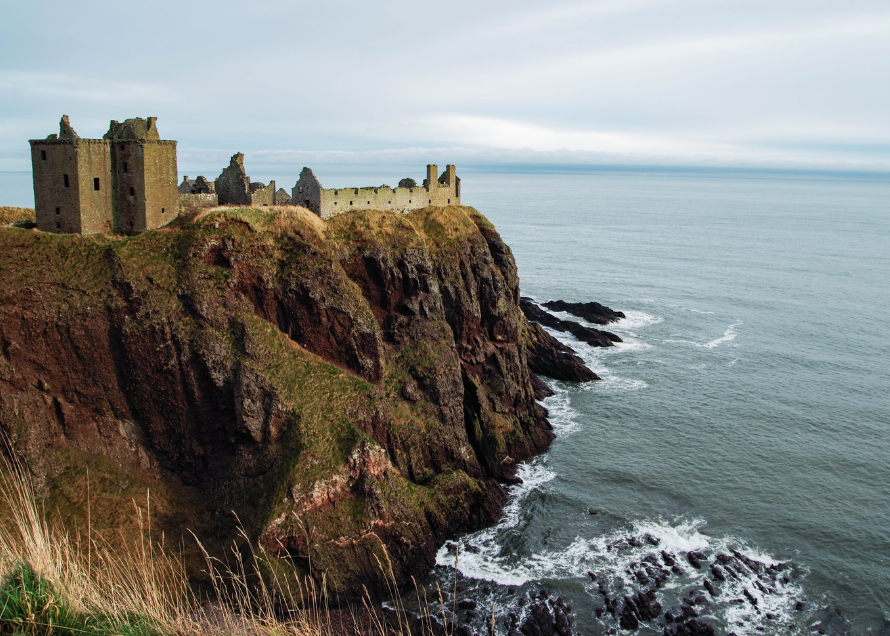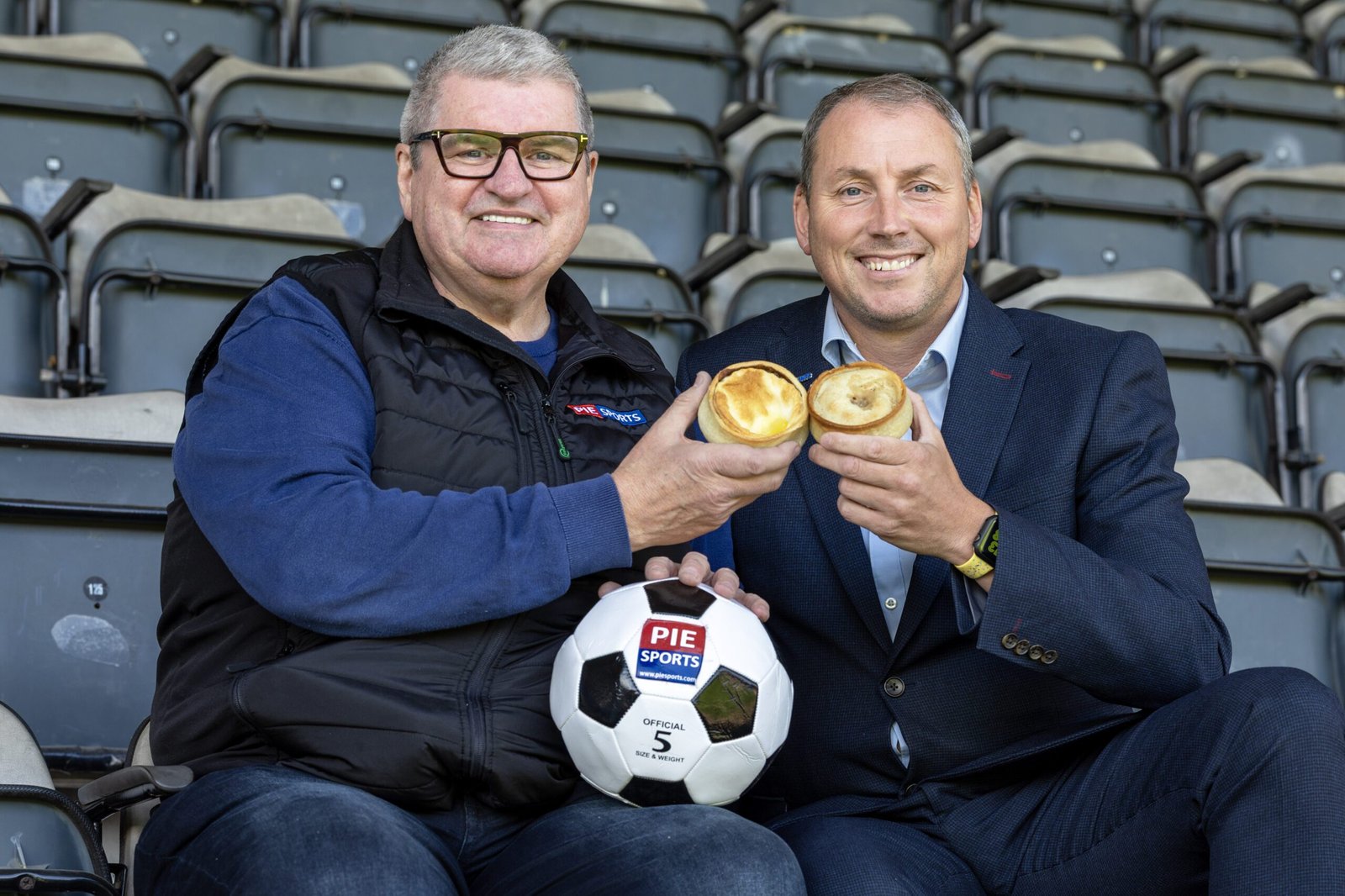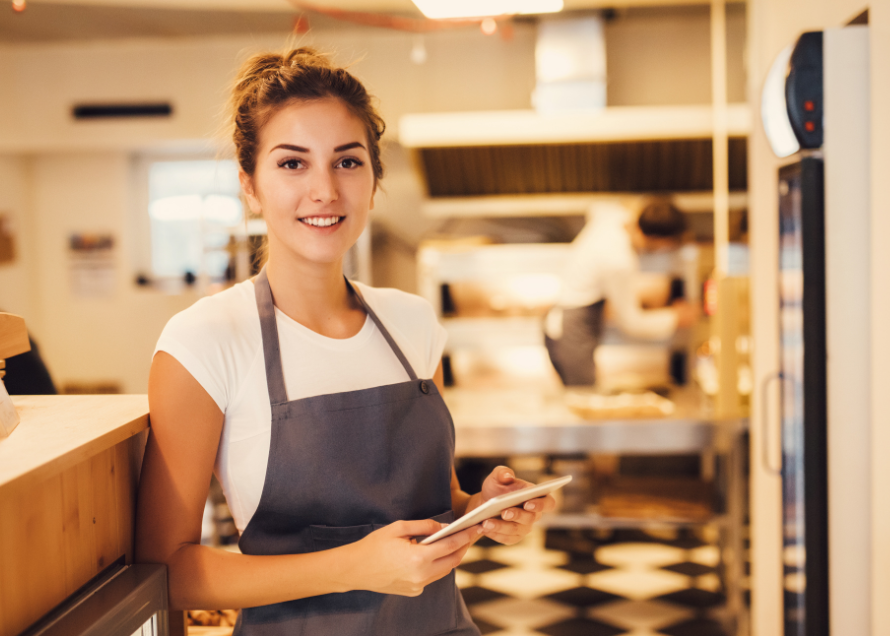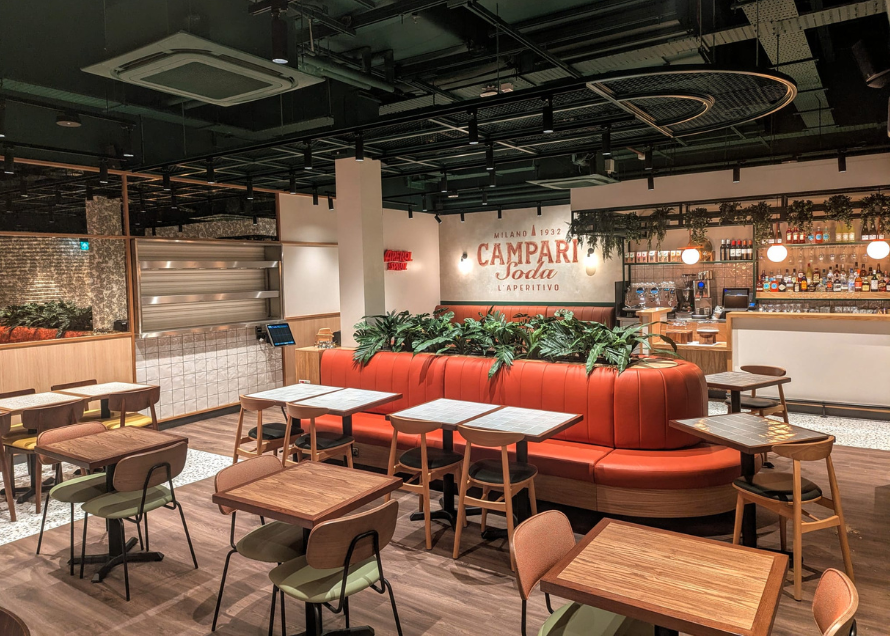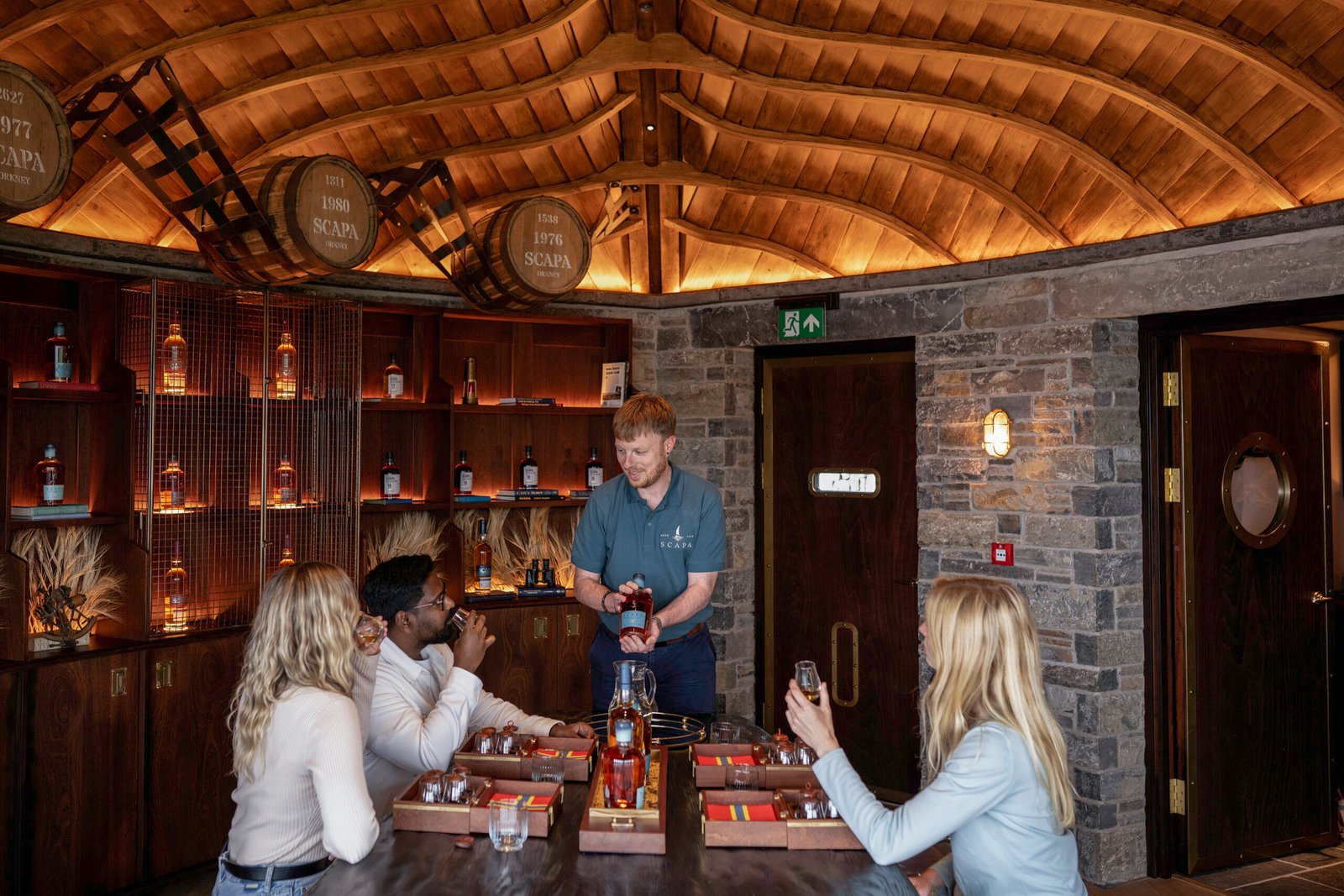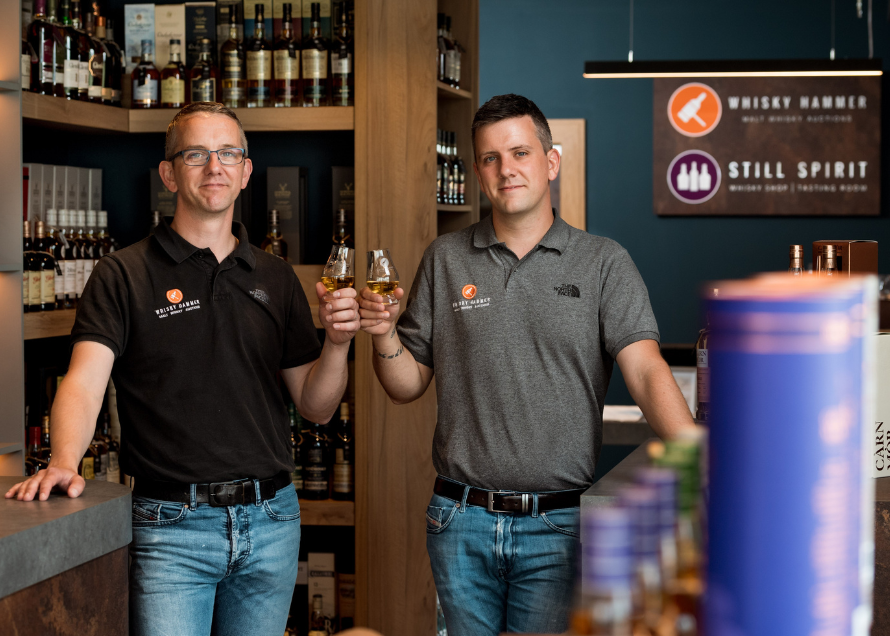INDEPENDENT coffee business owners fear the ‘catastrophic’ impact of climate change on the industry, after new research found coffee could be ‘endangered’ by 2050.
Last week, Fairtrade published a report which found that – under certain scenarios – as much of the 50% of the global surface area currently being used for coffee farming may no longer be suitable by 2050, due to climate change.
Yet coffee roasters and cafe owners operating in the UK believe the threat of global warming is more imminent, with renowned coffee regions having already had large quantities of their harvests wiped out by frost and drought in recent years.
Robi Lambie is the founder of Cairngorm Coffee Roasters, one of Scotland’s most popular coffee brands. The specialty coffee company has three cafes in Edinburgh. It also supplies cafes across the UK with beans roasted in its Leith roastery. This Friday, March 31, one of the Cairngorm team, Kyle McGhie, will compete in the revered UK Barista Championships and bid to become the country’s best barista.
Reacting to the report, Robi said the findings are an omnipresent concern for coffee roasters such as Cairngorm, but also for the farmers they work with.
He said: “We certainly have witnessed the impact of erratic weather such as the overnight frost in coffee producing regions in Brazil in 2021 which caused irreparable damage to coffee plants and meaning many farmers lost 50% of their crop for the 2022 harvest.
“The result of this was more demand for the remaining harvest, pushing Brazilian coffee to its highest price since 2014.
“Arabica is notoriously a very challenging crop to maintain and is very susceptible to disease and pest damage. These can largely be controlled with the right means and with the current progress in cultivation techniques, but climate change is a factor that is outwith the control of producers.
“There is no doubt that coffee yield is likely to be subject to complications over the next few decades and that is not only a concern for cafe and roastery businesses like us, but the producers in coffee producing origins who rely on it for their livelihood.”
Climate change is taking a hold on the coffee industry today and the economic impact, which often results in increasingly volatile pricing, is already being felt. Cafe owners are faced with less certainty over their supply when harvests suffer and Robi admits ‘it’s an ongoing gamble to try and get things right’.
He believes his company and others can react by strengthening links with coffee producers, both to the benefit of the businesses and the farmers.
The 33-year-old added: “The price fluctuations are something we have had to become quite used to, and we are having to keep our coffee stocks leaner at the roastery in anticipation of the markets correcting themselves. We’ve fallen foul in the past of trying to stockpile more coffee and find that as things have improved we’ve paid far more than the market value.
“On an ethical standpoint, it is certainly inspiring us to be more connected to farmers and we’re in the process of trying to align ourselves with producers who we can have more longevity with on a buying front.
“A commitment to purchasing over a number of years gives them more faith that we will support them through the harder times, but they generally appreciate the security of us promising to purchase harvests in advance as long as the quality prevails.”
Lisa Lawson is the founder of Dear Green Coffee Roasters in Glasgow’s east end. Having worked in the industry for more than two decades, she has established herself as a pioneer on Scotland’s coffee scene, founding the Glasgow Coffee Festival in 2014, with this year’s edition set to be ‘Scotland’s biggest ever’.
Having visited many coffee producing communities in recent years, she reports ‘the direct effects of climate change on people and nature is evident’, describing the impact on smallholder farmers – who often rely on agriculture as the main industry and source of income – as ‘catastrophic’.
And Lisa says action needs to be taken in The West now if we’re to shape a positive direction of travel between now and 2050.
She said: “It’s devastating to witness this impact on coffee communities. As consumers, we are so far removed from these realities, only affecting us when it is evident on our purse, which it now is!
“I’m glad that climate change is now a mainstream conversation but equally dismayed by the lack of action taken to reverse the current trend of global warming. If the reality is losing a product which we all consume daily then perhaps a shift in habits will happen.
“Millions of families rely on producing coffee for their income yet have little control, as the actions of The West profit more from their crop and contribute more to global warming.
“Producing countries are generally carbon neutral as they don’t have the same industrialisation as us. This is an international product which requires international awareness of the devastation caused in order to reverse the current trend. We can’t be selfish about our own luxury needs today as we are impacting the basic needs of others right now in coffee producing countries.
“As residents in an emitting country we are all accountable, our collective actions negatively impact products we love and the people who we rely on to produce them for us. We all have to act now to protect people and nature for the future.”
The 46-year-old Dear Green Coffee owner, who has committed to tackling the issue by ensuring her company pursues B Corp certification and pledges to become Net Zero by 2030, believes coffee drinkers in the UK can each play a vital role in the fight against climate change.
Asked what consumers can do to make a difference, Lisa said: “Remaining aware of how your actions affect global warming. Don’t be influenced by greenwashing. Buying from reputable coffee businesses who are buying as ethically as they can in this unethical world. Changing habits by not buying coffee in virgin plastic packaging. Sit in or always use a reusable cup rather than accepting a takeaway paper cup.
“Most of all, question where you spend and don’t buy from multinationals who invest in deforestation. Question your financial commitments like where you bank or have a pension – what is that finance funding? By changing and influencing daily habits, buying habits and financial habits, our actions can influence change on a far bigger scale and ensure you still have some coffee in your cup in 2050.”
To find out more about Cairngorm Coffee, visit https://cairngorm.coffee.
To find out more about this year’s Glasgow Coffee Festival, visit https://glasgowcoffeefestival.com/.











